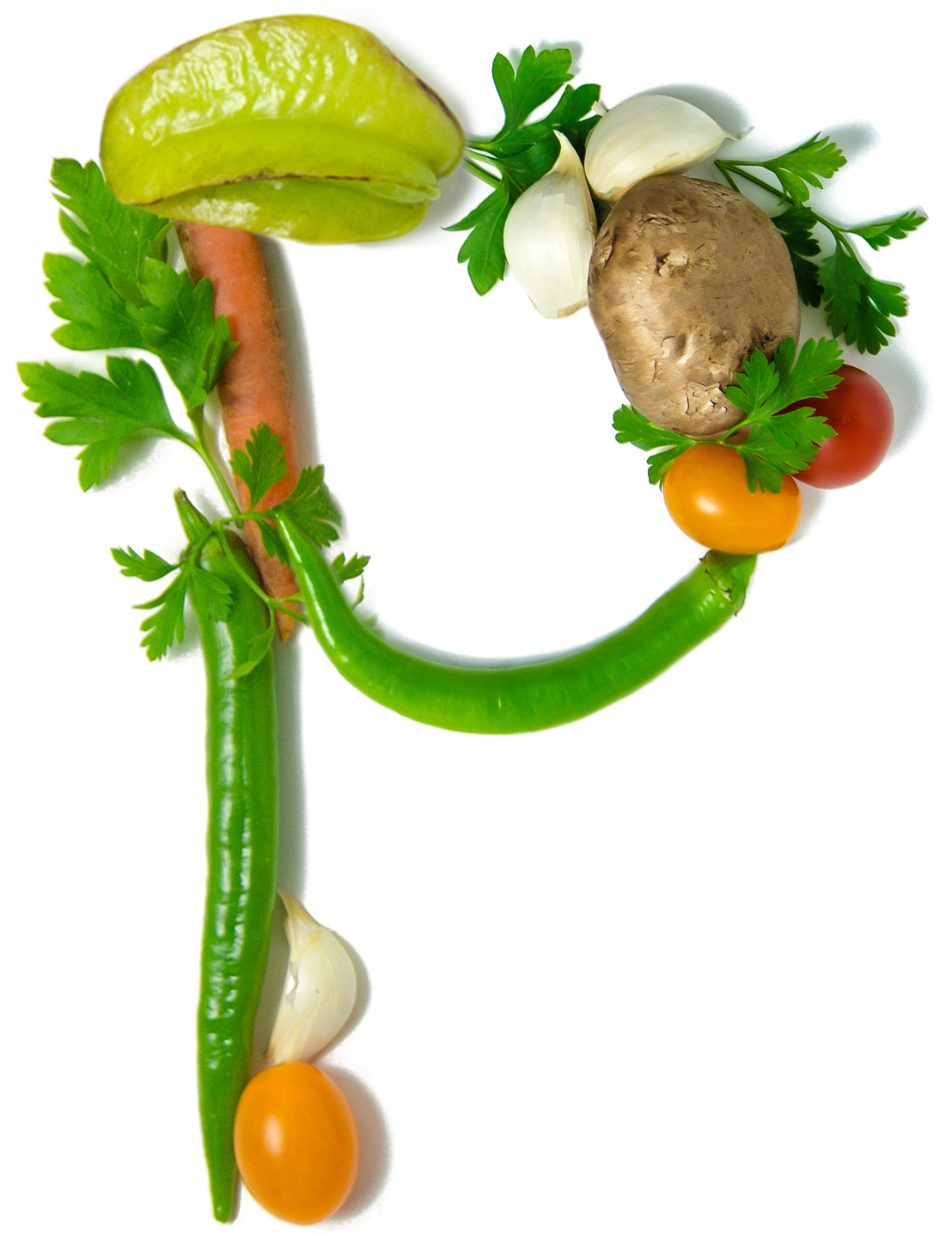
For Professionals
For Professionals
You can empower your consumers to make choices that will support their total health and reduce their risk of nutrition-related diseases. Below, we share links to free courses and resources that can prepare community pharmacies and other professionals to have new conversations with consumers.
Thank you for supporting #NourishMyHealth.
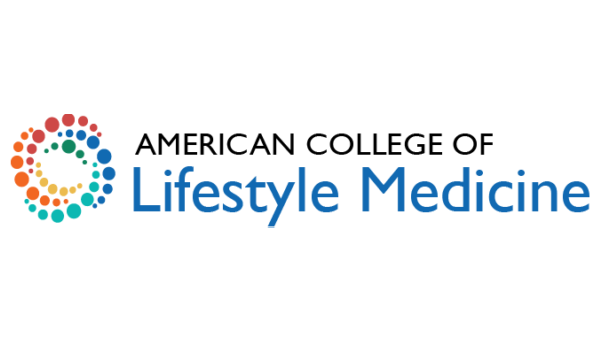
American College of Lifestyle Medicine (ACLM) is committed to empowering clinicians on the front lines of delivering care in our underserved communities. ACLM is the medical professional society for physicians and healthcare professionals dedicated treating root causes of disease, with the goal of medication de-escalation and health restoration. ACLM invites you to register FREE of charge for this $220, 5.5-hour CME-/CE-accredited Lifestyle Medicine and Food as Medicine Essentials online course—highlighted by the White House Conference on Hunger, Nutrition, and Health. This course will equip you to prescribe food as medicine, leading to improved patient outcomes. Visit ACLM’s FoodAsMed.org for more valuable information on prescribing food as medicine.
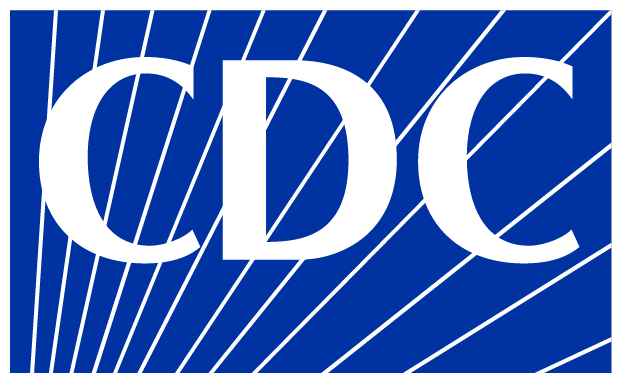
The Centers for Disease Control and Prevention (CDC), through the TRAIN Learning Network supported by the Public Health Foundation, offers a suite of training programs developed by CDC programs, grantees, and other funded partners. Many courses available are offered by CDC course providers and have been approved and verified by CDC.
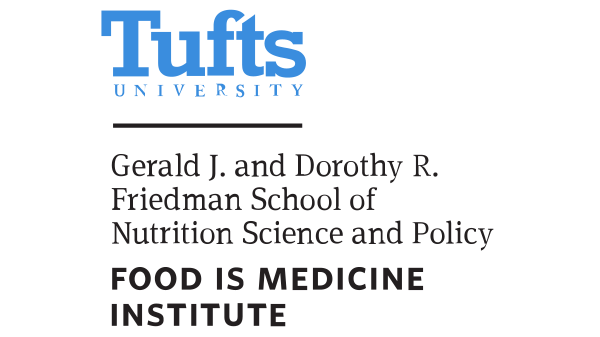
Food is Medicine Institute at the Friedman School of Nutrition Science and Policy at Tufts University, an initiative with thought leaders who made substantive contributions to the White House National Strategy on Hunger, Nutrition, and Health, has a list of ongoing projects and resources for Food is Medicine stakeholders. These projects range in focus and include topics such as the evaluation of public perceptions of Food is Medicine; estimating the health impacts, costs, and effects on disparities of various programs; partnerships with small- and medium-sized farms to connect health care providers with produce; evaluating the potential benefits of Food is Medicine programs to specific patient populations; and more.
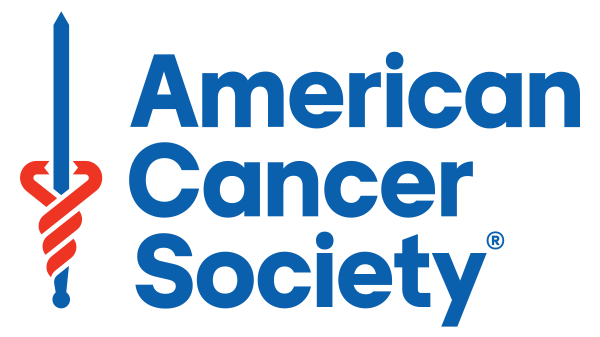
American Cancer Society is pleased to provide resources for professionals treating cancer survivors, as well as tools for cancer prevention.
